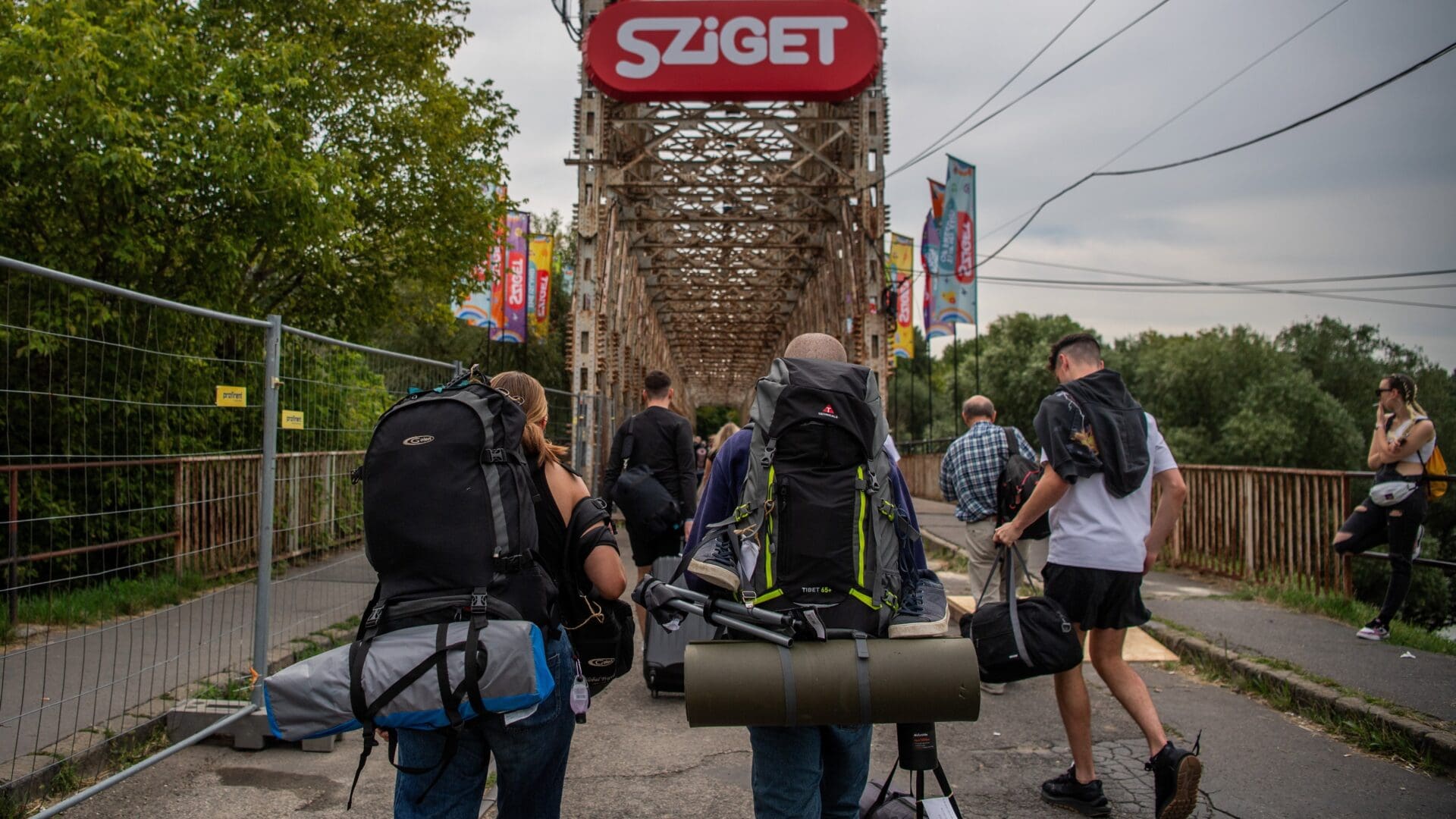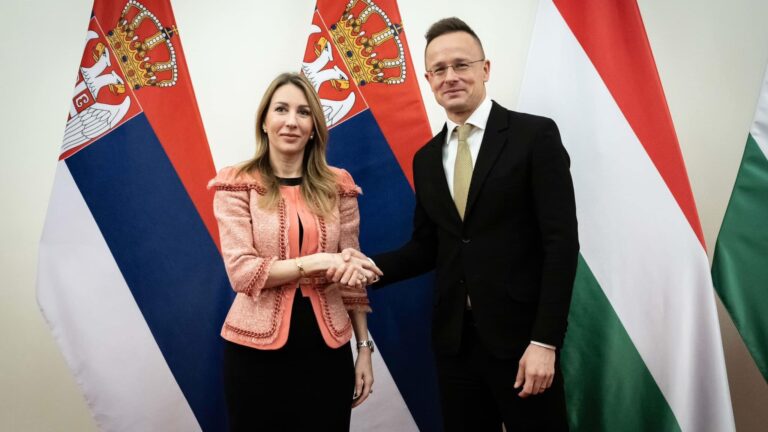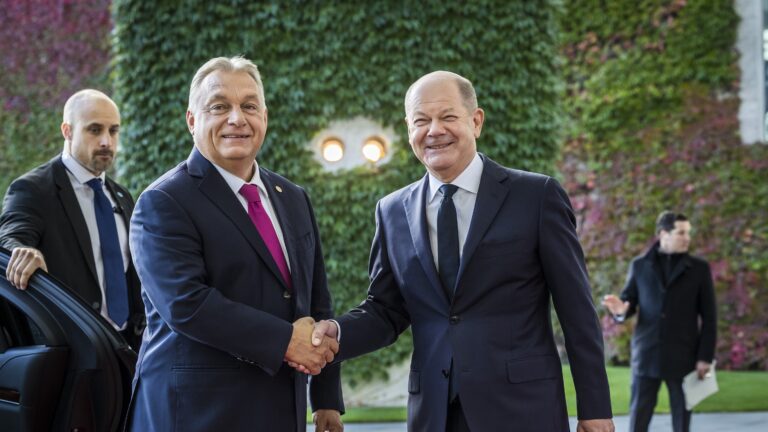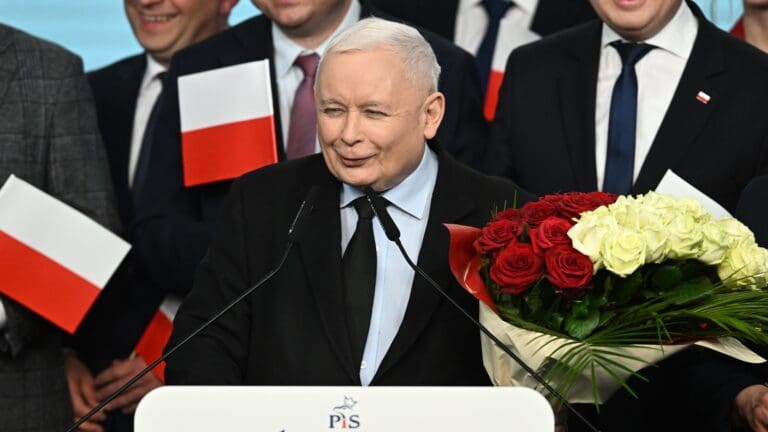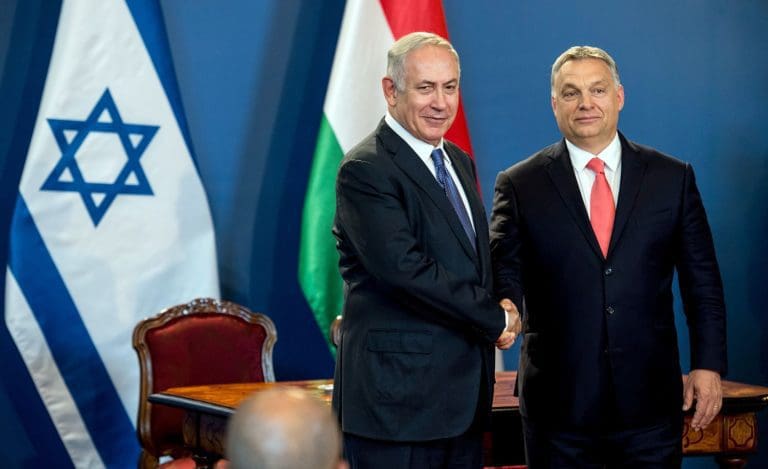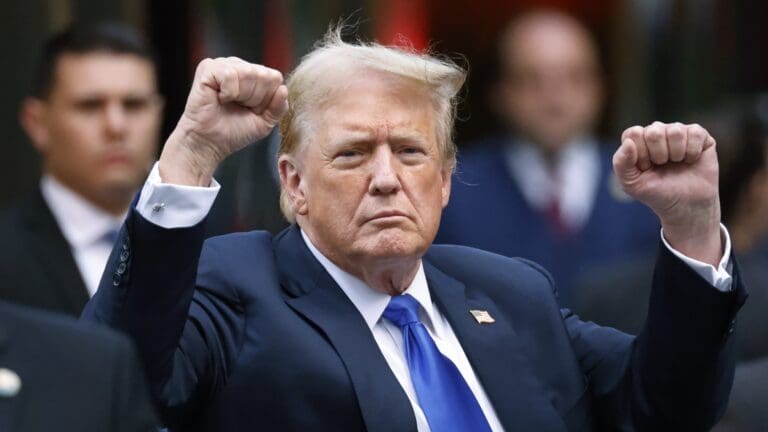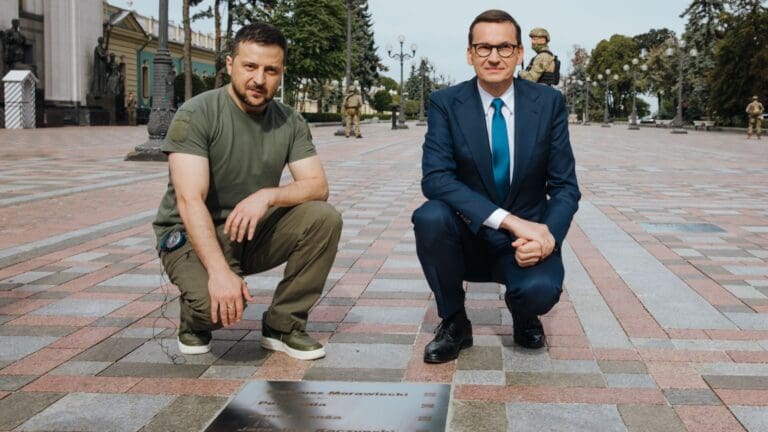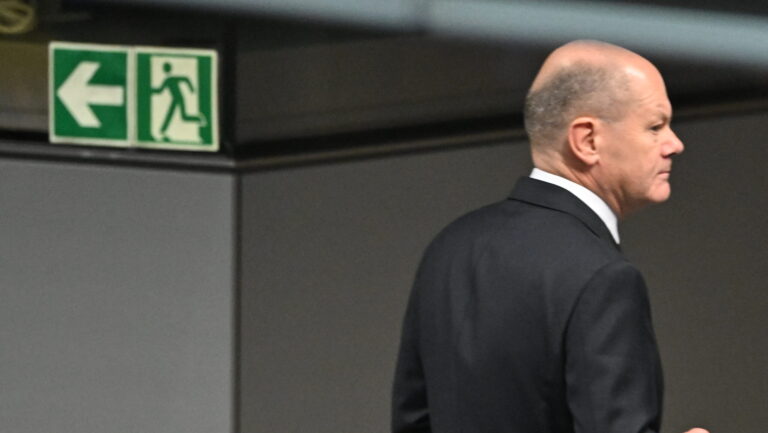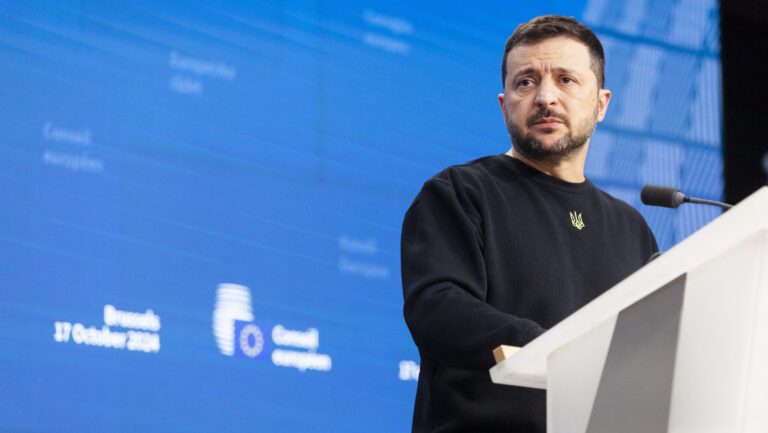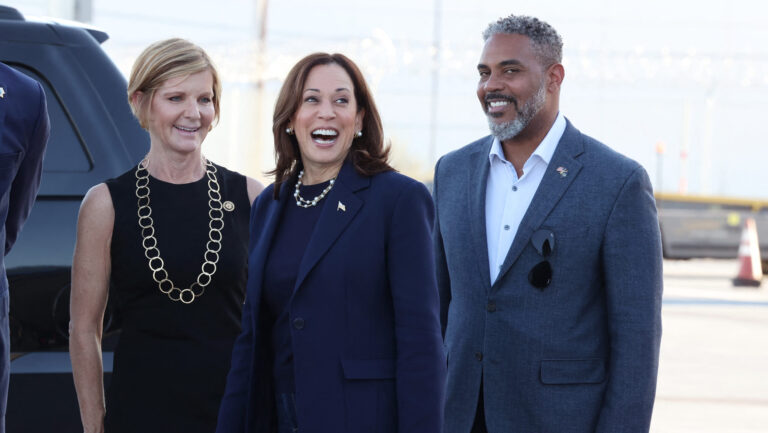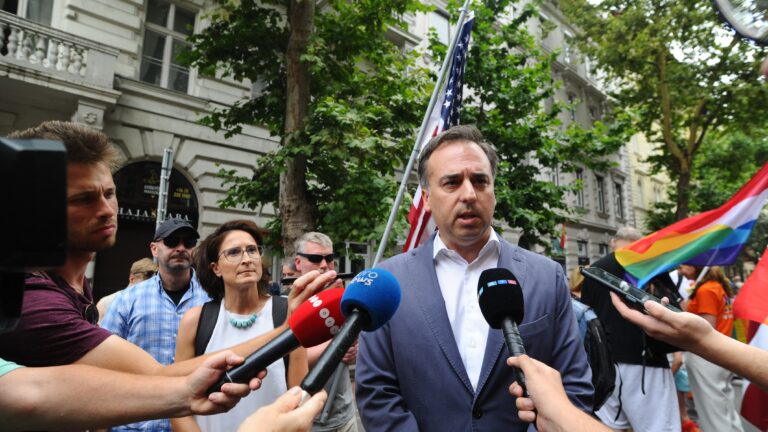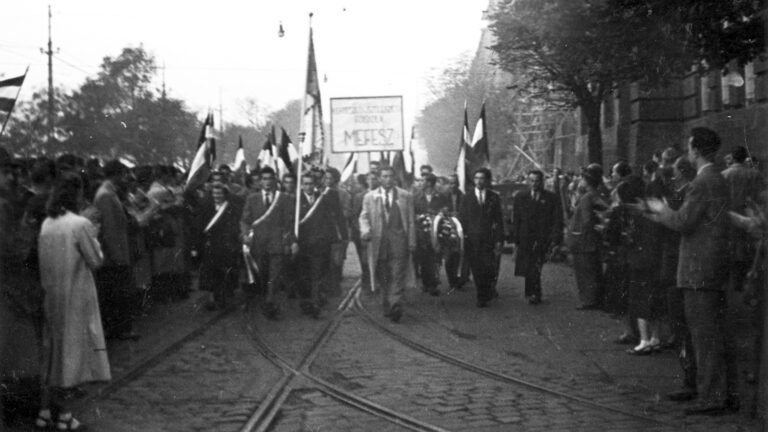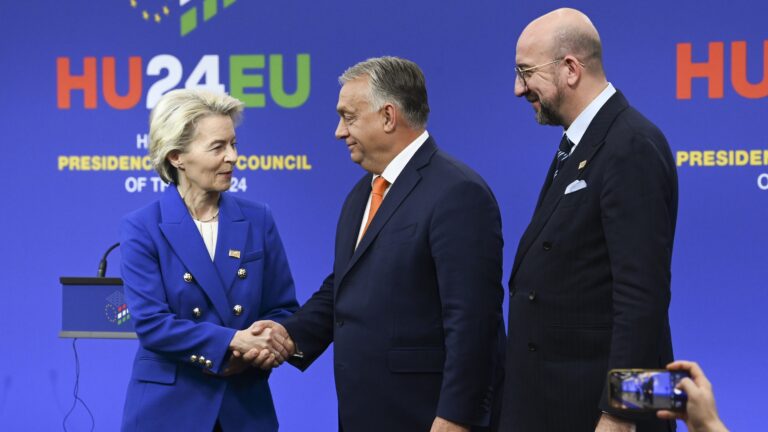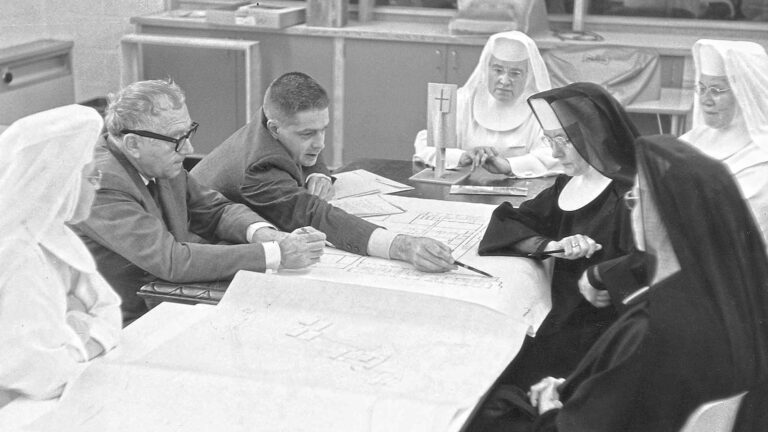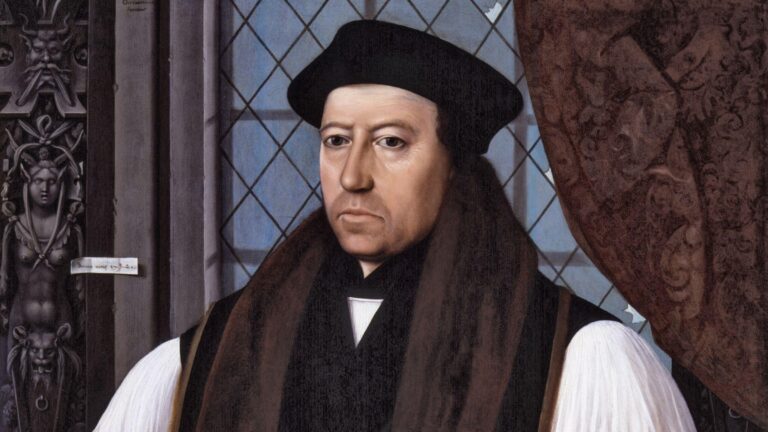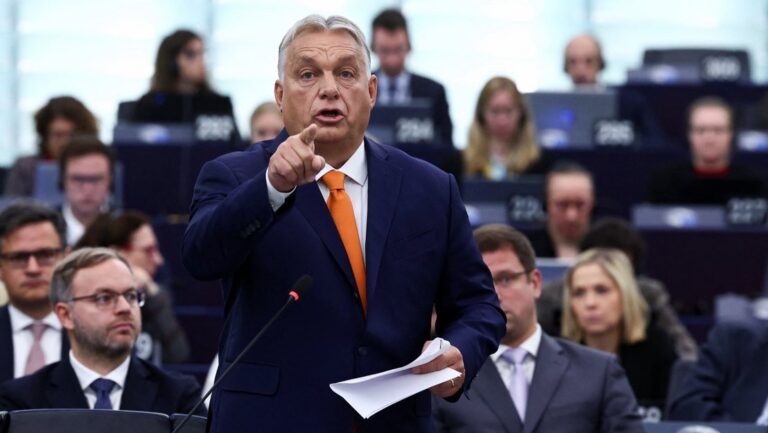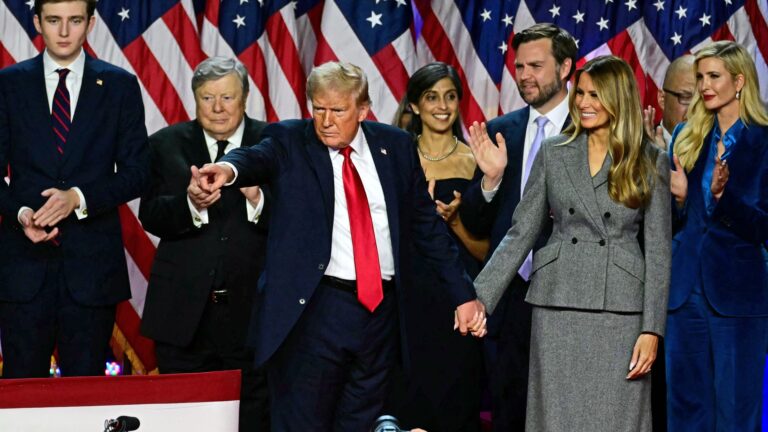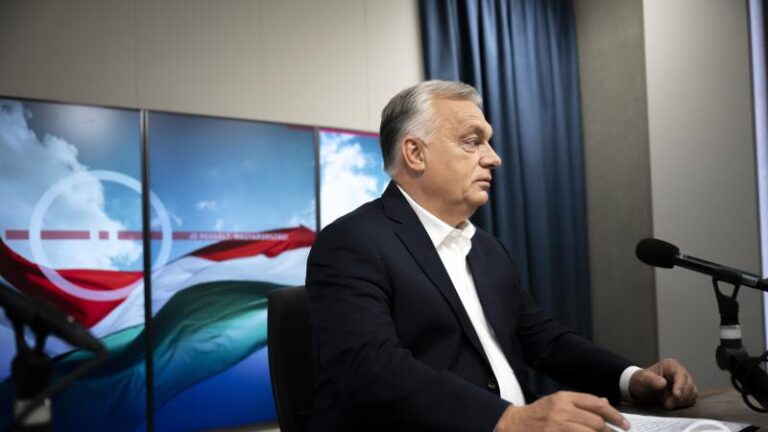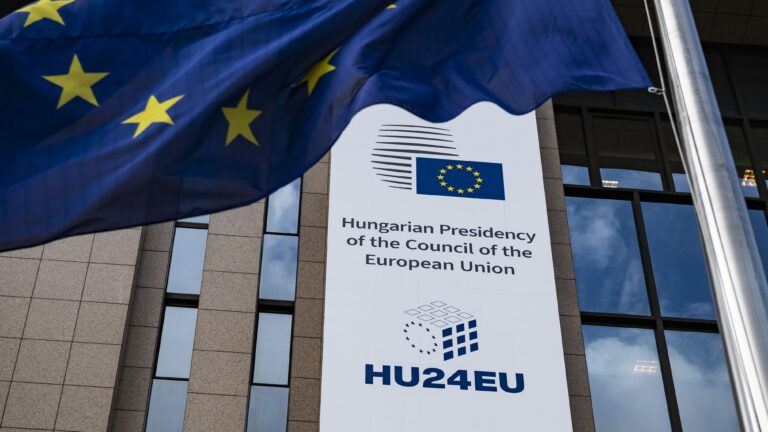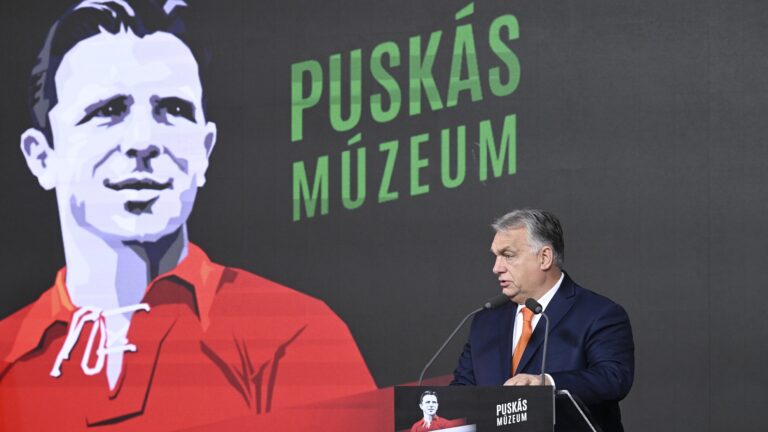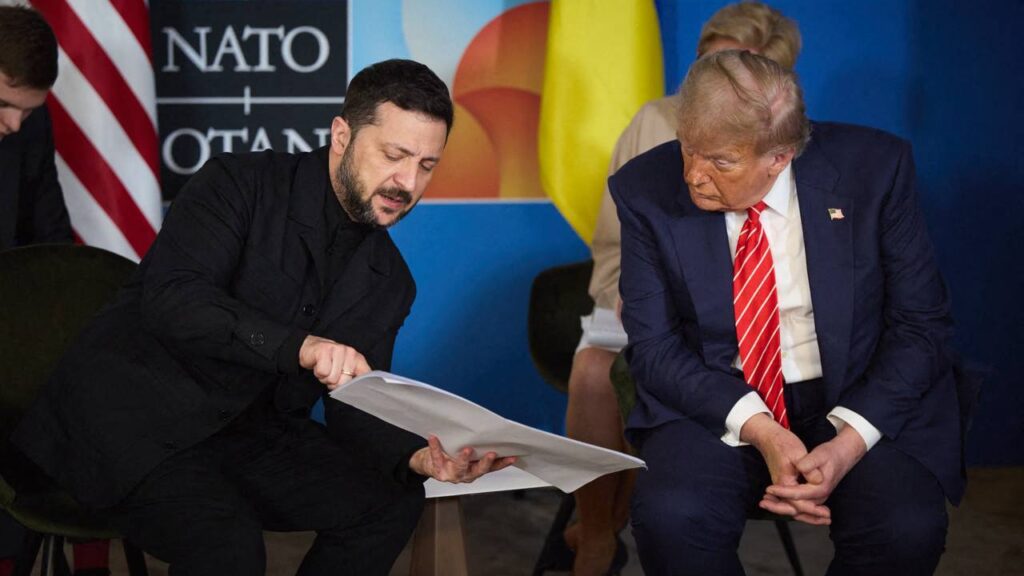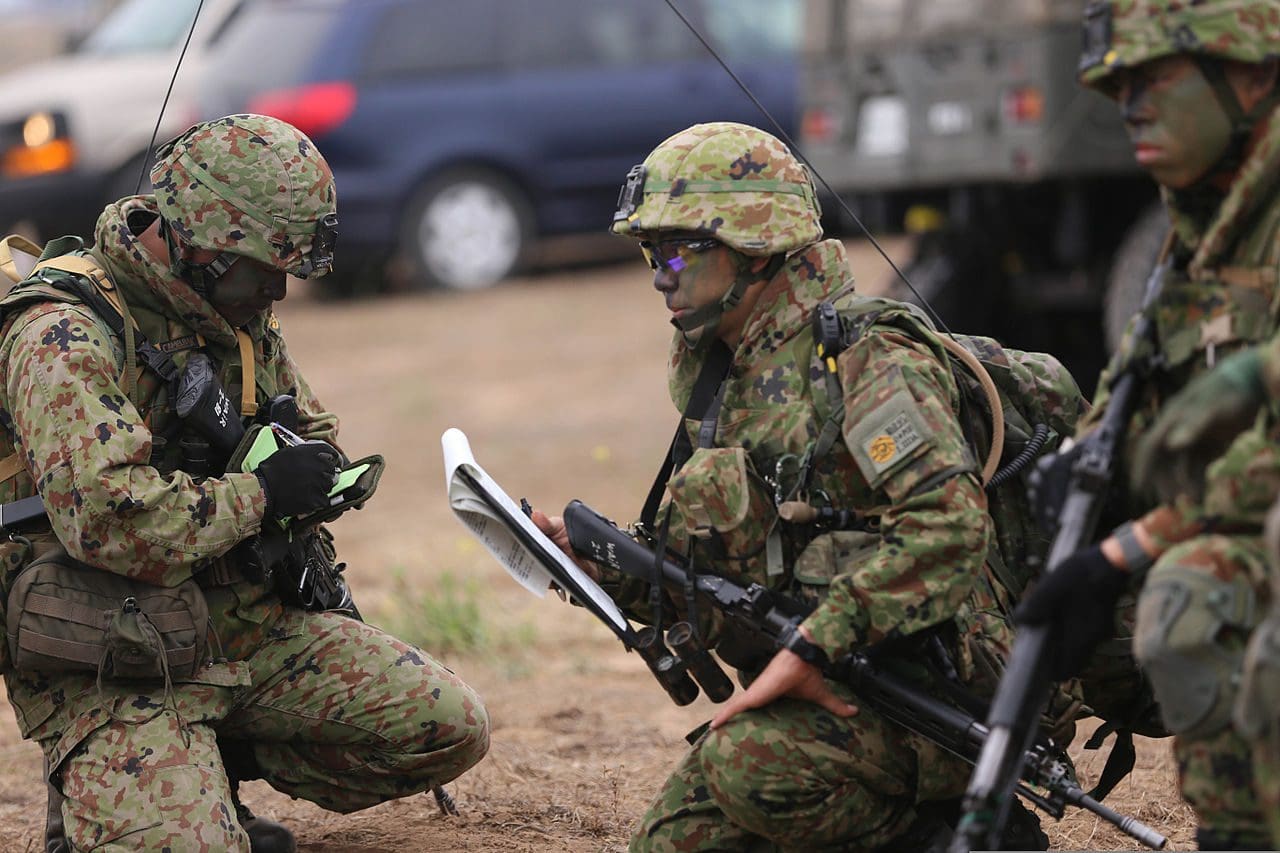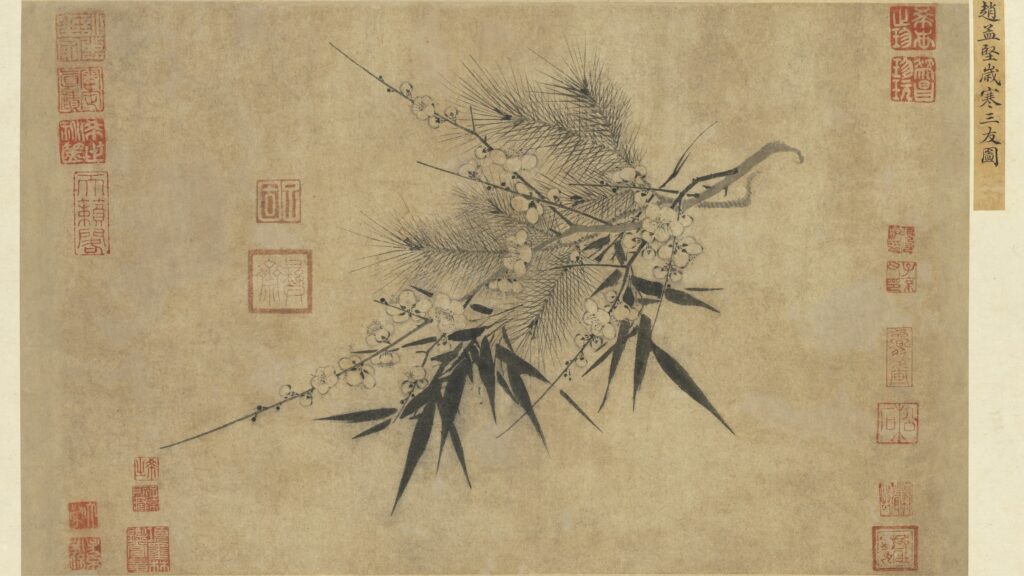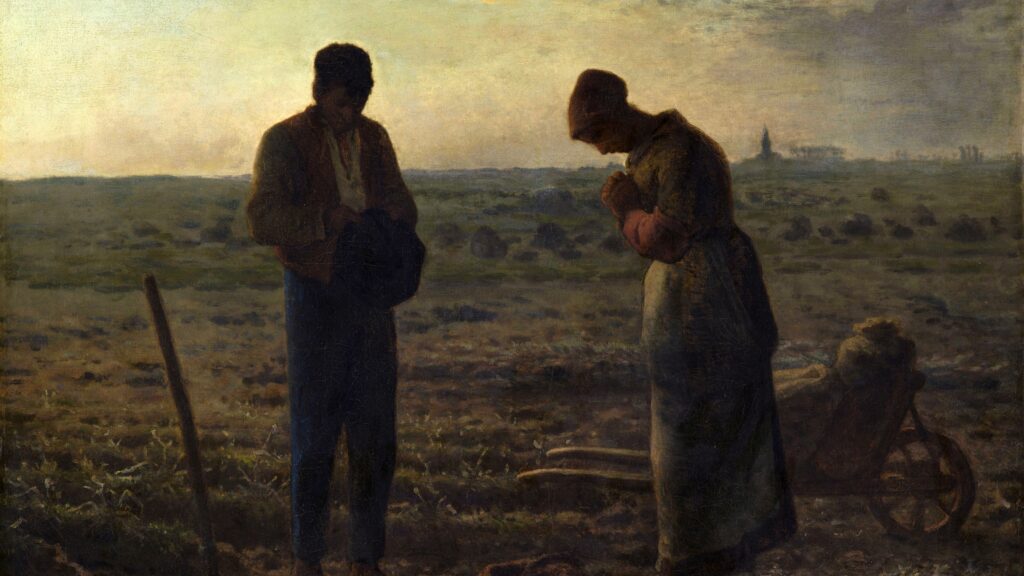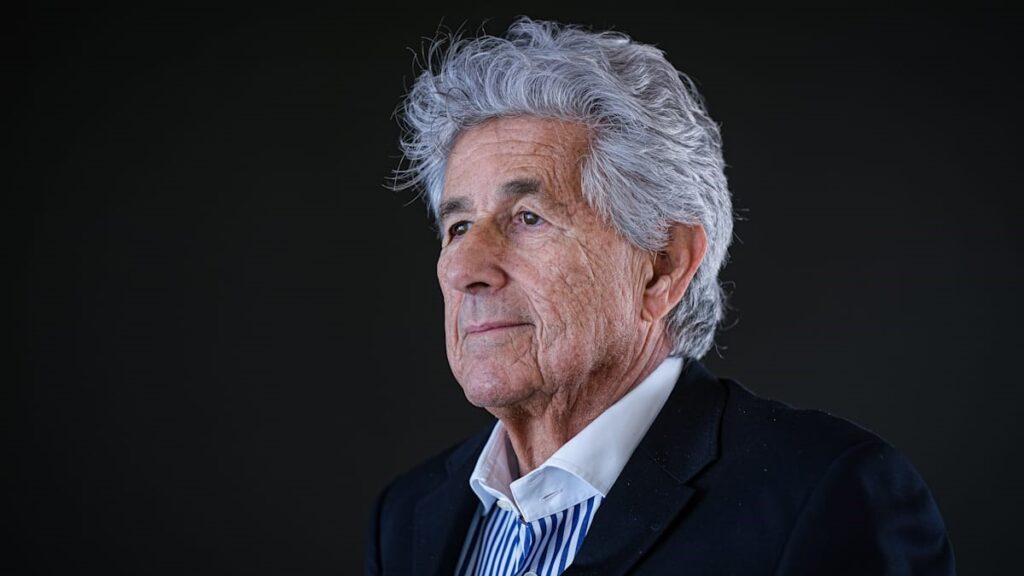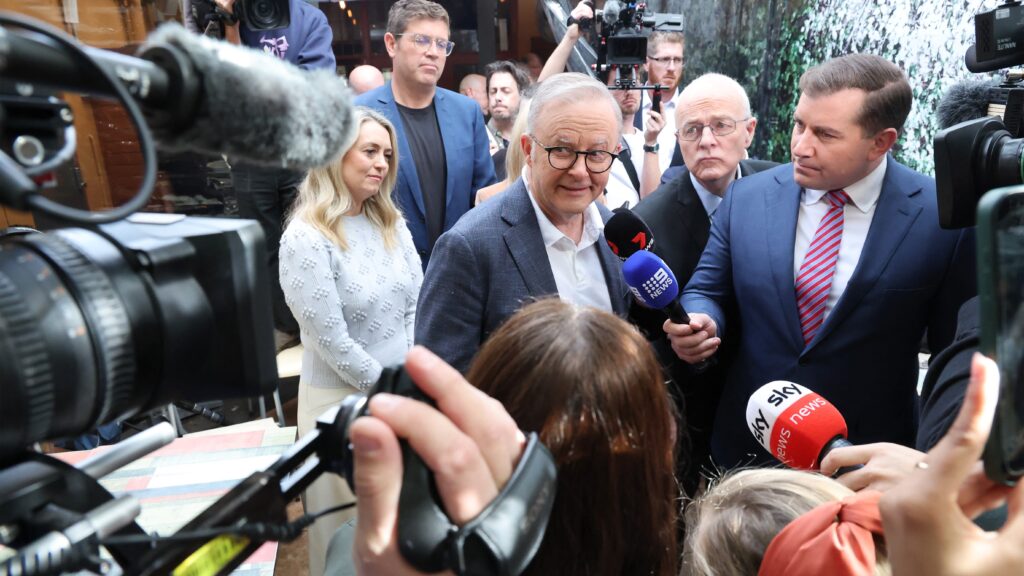
Australia’s Election Shows People Are Looking For Leadership
‘This was a vacuous election. No one truly won the campaign, and no one emerged victorious in the battle of ideas. Neither major party offered a compelling vision for Australia’s future. As Liberal candidate Henry Pike admitted after election day, the campaign “became a blur of competing handouts and taxpayer-funded concessions.” It was, in short, a mess.’

Did The Hungaroring End Communism?
‘Hungaroring 86 turns out to be the dawn of a new, more global era for Formula One. Ecclestone will go on to build a truly worldwide audience, and for his troubles becomes a multi-billionaire, Britain’s fourth richest man. As the decades pass, his model of total audience capture, his style of petrol diplomacy, expands to ever wilder locales…Yet Hungary remains the place where East first met West.’

A Presidential Race Plagued by Controversy
‘For the Hungarian minority in Romania, Dan’s victory represents a clear political win—particularly given the decisive role the community played in securing it…His proposal to include the Democratic Alliance of Hungarians in Romania (UDMR) in the governing coalition has further reinforced a sense of security among Hungarian voters.’

The ‘Pink Tide’ of EU Aid: How Brussels Funds Woke Latin American NGOs
A new study by the Madrid, Spain office of the Center for Fundamental Rights has revealed that the European Commission has funnelled €939.5 million to progressive activist civil groups in Central and South America over the last decade.
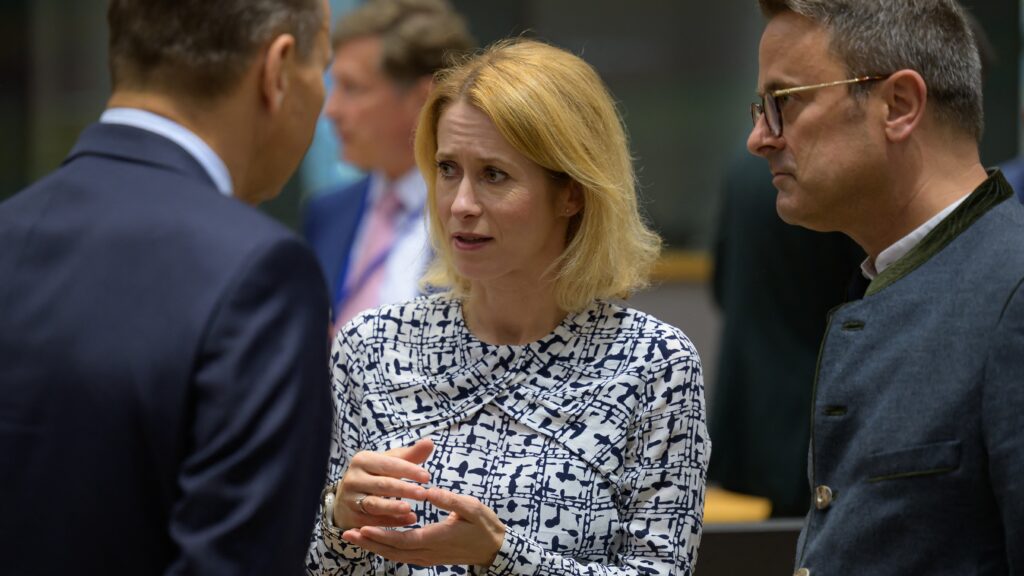
Hungary Thwarts EU Push for Sanctions Against Israel
After opposition led by Hungary, the EU has softened its stance on Israel despite growing calls for sanctions and trade restrictions.

Orbán on Ukraine: ‘It’s like migration—once you let them in, you can’t get them out’
Prime Minister Viktor Orbán called Ukraine’s potential EU membership an irreversible burden, comparing it to migration, and criticized Brussels for redirecting EU funds without clear strategy—especially away from farmers and toward Kyiv.

The Legacy of 15 July: A ‘Terror-Free’ Türkiye
The defeated coup attempt in 2016 changed Türkiye forever. One of the most significant legacies of 15 July is the vision of a terror-free country, which later took shape as a concrete initiative, already yielding results such as the disarmament of the Kurdistan Workers’ Party. A more secure Türkiye is not only favourable for the country itself, but also for Europe—and Hungary within it.
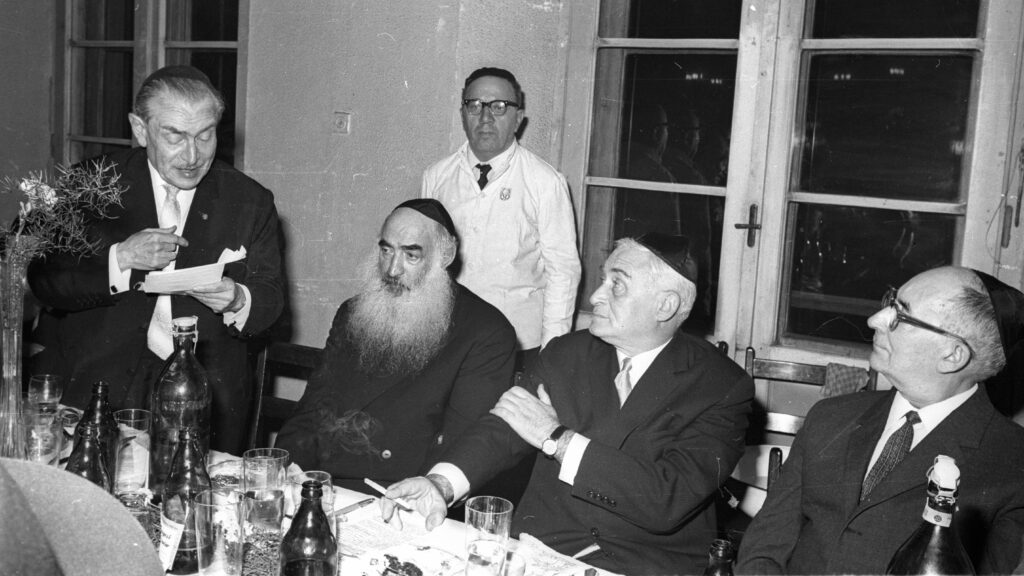
When Géza Seifert Stood Against the Party — A Forgotten Chapter of the 1956 Uprising
Although Géza Seifert later became a loyal Communist collaborator and President of the National Representation of Hungarian Israelites, he briefly led a ‘revolutionary committee’ within the Budapest Jewish community during the 1956 uprising—a role long forgotten and absent from scholarly accounts. This article revisits that moment, based on newly examined archival sources.
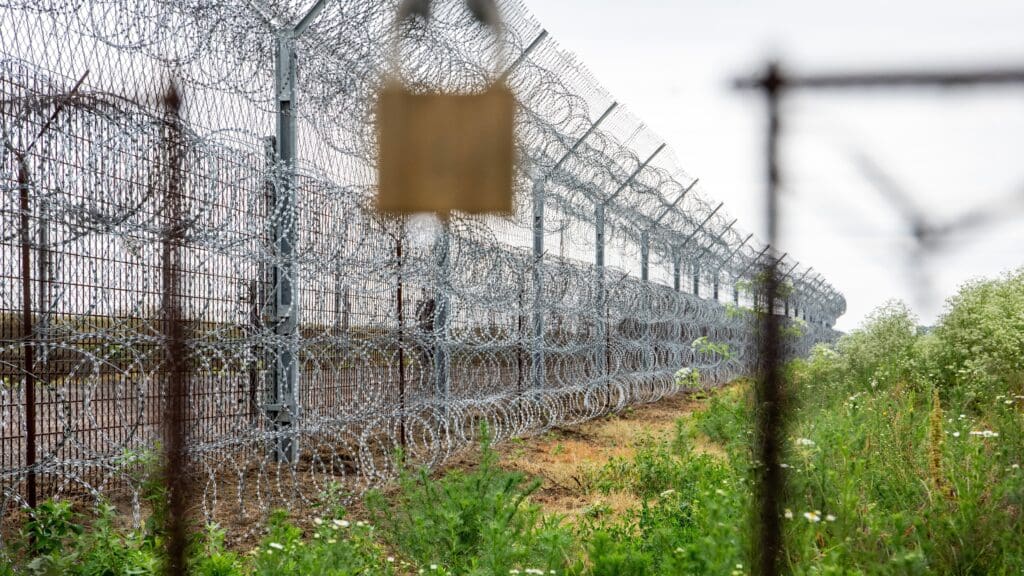
Hungarian Border Fence on Southern Border Started Construction Ten Years Ago
Construction of Hungary’s 102-mile border fence with Serbia began ten years ago amid the 2015 European migrant crisis. Despite EU criticism and daily fines, the Hungarian government defends the barrier. Migrant clashes and trafficker violence followed. Since then, migration pressure has shifted from Hungary to Italy.
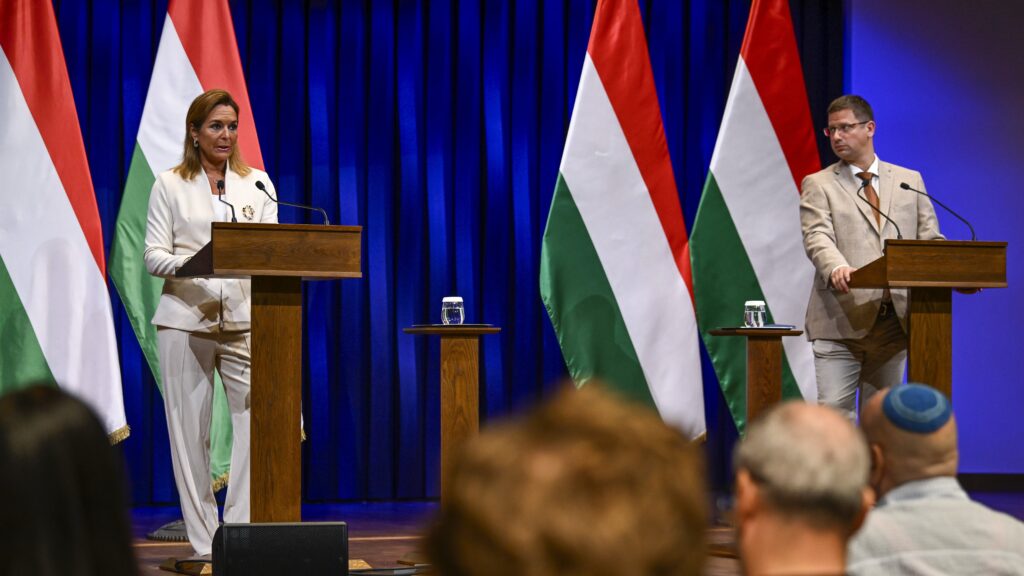
Hungary Rejects EU Budget Plan Favouring Ukraine over Domestic Subsidies
Hungary strongly opposes the EU’s seven-year budget proposal, which diverts funds from vital cohesion and agricultural subsidies to Ukraine. Gulyás Gergely warns the plan prioritizes Kyiv over Hungarian interests, vowing to block it unless revised. Meanwhile, Hungary prepares a new affordable housing loan scheme.





